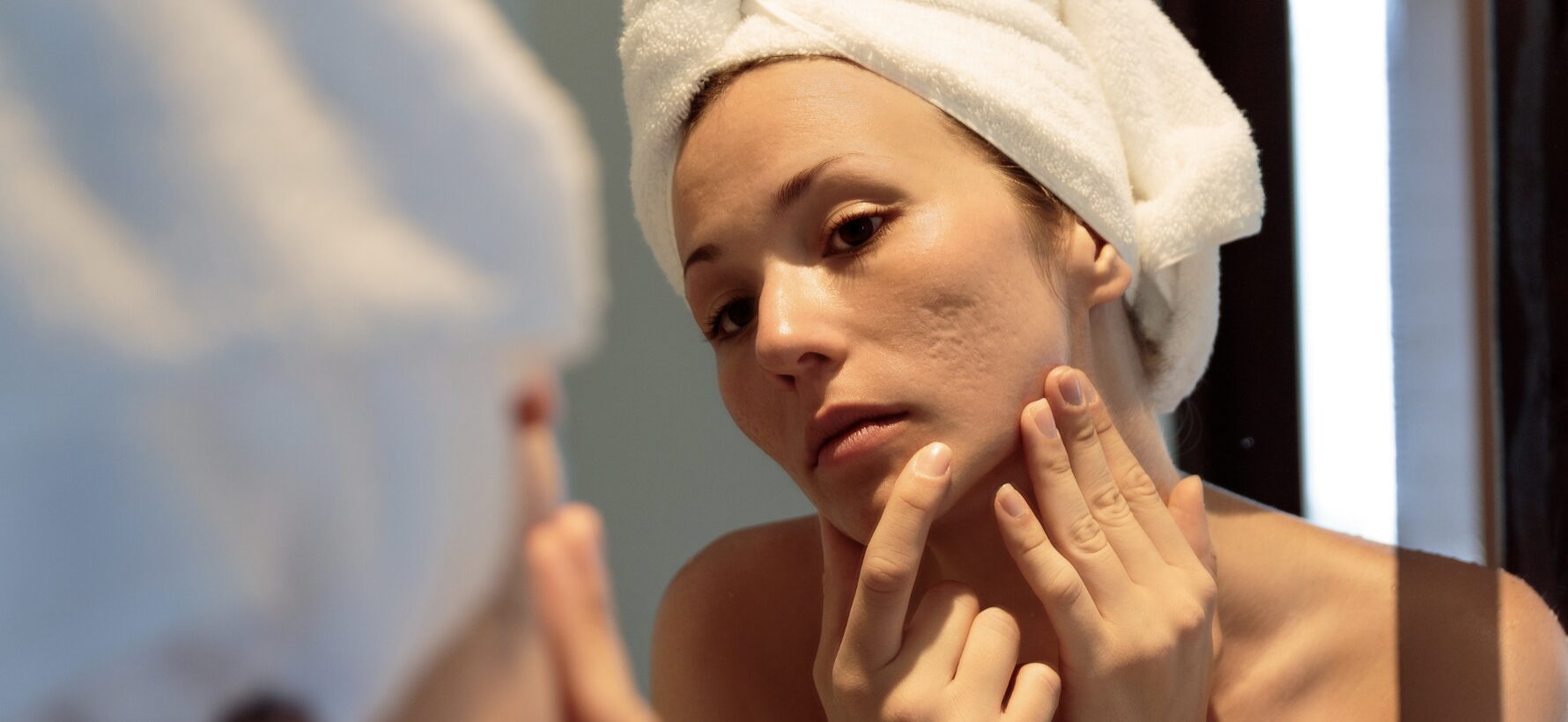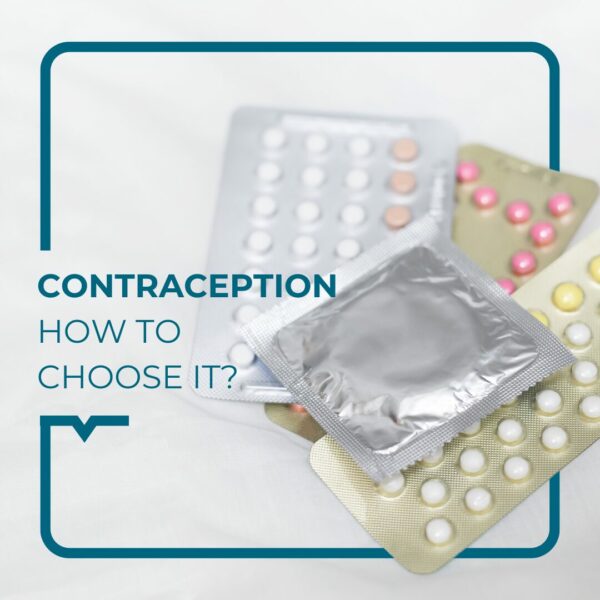“MUUUUUUM!!!!!” It is Monday. It is 8.14am. You have to leave in exactly one minute or you will be late for your meeting. But your teenager’s skin has decided otherwise. He wakes up with acne in the middle of his forehead. On the day of his school photo.
It’s drama, panic at home! He wants to pop it. You don’t want to. You look for a home remedy and end up camouflaging it with a little foundation.
Ola, I am Dr Joy!
And today I’m going to explain what acne is. I’m also going to show you that you’re the one who could have woken up with that spot. And yes, acne isn’t just for teenagers.
Vamos!
What is acne ?
Acne is a chronic skin disease. It occurs during hormonal changes, particularly during adolescence.
It affects the glands that secrete sebum at the root of the hair. These are called “pilosebaceous follicles”.
This leads to a blockage of the pores and can cause the appearance of:
- Oily skin, due to excess sebum
- Blackheads (open comedones)
- Whiteheads (closed comedones or “microcysts”)
Whiteheads can become inflamed due to bacteria and become non-purulent red “pimples”, AKA papules, or if purulent, pustules.
But they can also develop into larger, more painful pimples. In this case, they will become more deeply embedded in the skin and are called nodules.
In 95% of cases, the face is the most affected area, followed by the back (43% of acne sufferers), the neck (20%) and the front of the chest (20%).
Acne can have psychological repercussions and alter one’s quality of life: mood disorders, depression, alteration of self-image, relationship difficulties, etc.
The different types of acne and its causes
- If Acne mainly affects teenagers, some adults can also be affected, most often it is women. This is due to the variation in hormones linked to the menstrual cycle.
Apart from hormones causes, other risk factors increase its occurrence.
This is the case of:
- Stress
- Pollution
- Overwork
- A poor diet, particularly one that is too fatty or too sweet
Smoking also aggravates acne, specifically by encouraging the formation of cysts.
- And did you know that acne can also affect infants?
This form of acne is temporary, occurring in the first few months, in about 20% of newborns and more frequent in boys.
It is thought to be caused by the stimulation of the sebaceous glands by maternal androgen hormones, or by bacteria.
It mainly affects the baby’s face and more rarely the chest, shoulders and upper back. Certain hygiene products can make it worse, such as oily products.
On average, it lasts only two to three months.
How can it be treated ?
It is important to know that acne is classified in levels of severity, ranging from “No lesion” to “Very severe”.
This level will determine the choice of treatment. In fact, different factors must be taken into account.
- Medicinal treatments
Two galenic forms are used to treat acne.
- Local treatments, i.e. in the form of cream, ointment, lotion, etc.
This is the case, for example, with benzoyl peroxide or retinoid based products. Doctors avoid using local antibiotics as monotherapy as they can induce resistance.
- Oral treatments, in the form of capsules, tablets, etc.
This is used as hormonal treatments (contraceptive pills) in women.
For moderate to severe acne, the dermatologist may prescribe courses of antibiotics such as cyclins. For moderate to severe acne, isotretinoin is often prescribed and is the most effective medication.
- Alternative treatments
For mild acne, you can try some alternative treatments such as:
- Zinc, which has antioxidant, anti-inflammatory and healing properties. It acts at different levels in acne.
- Tea tree essential oil, which has anti-infectious, antibacterial and antiseptic properties so it helps to purify the skin and dry out acne pimples. It is applied with a cotton swab to clean the skin morning and evening.
- Sophrology is an alternative medicine that can solve many problems. It can be the case of acne. Indeed, one of its risk factors is stress. And sophrology plays an important role not only in stress, but also in sleep quality, which helps to regain one’s baby-soft skin.
4 tips to limit acne
We have come to the end of this article. Now you know everything there is to know about acne! I’d like to finish with 4 tips to limit acne:
- Wash your face morning and night with water and a suitable product.
- Moisturise your skin with fluid, non-greasy products.
- Use oil-free make-up.
- Protect yourself from the sun, as it increases the appearance of scars.
See you soon!
Beijinhos.
Find out about dermatologyThis information is not a substitute for medical advice.
You must seek the advice of your doctor or another qualified health professional with any questions you may have regarding your health condition.



